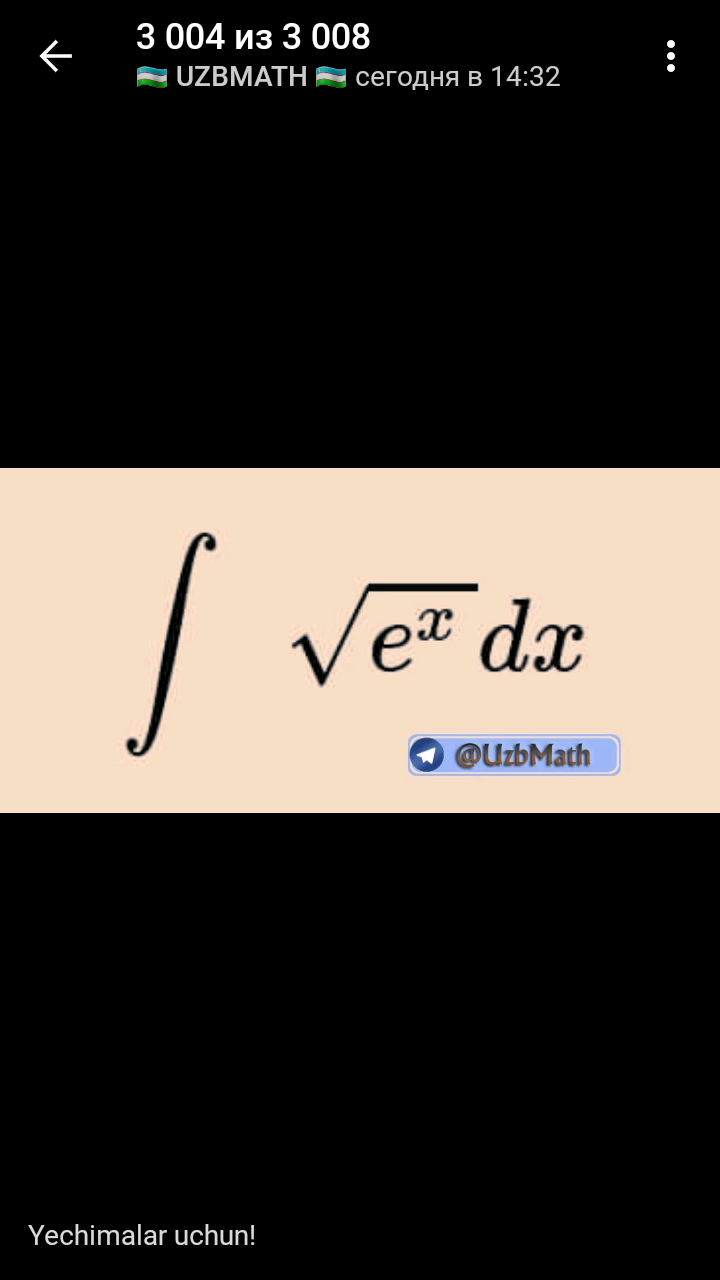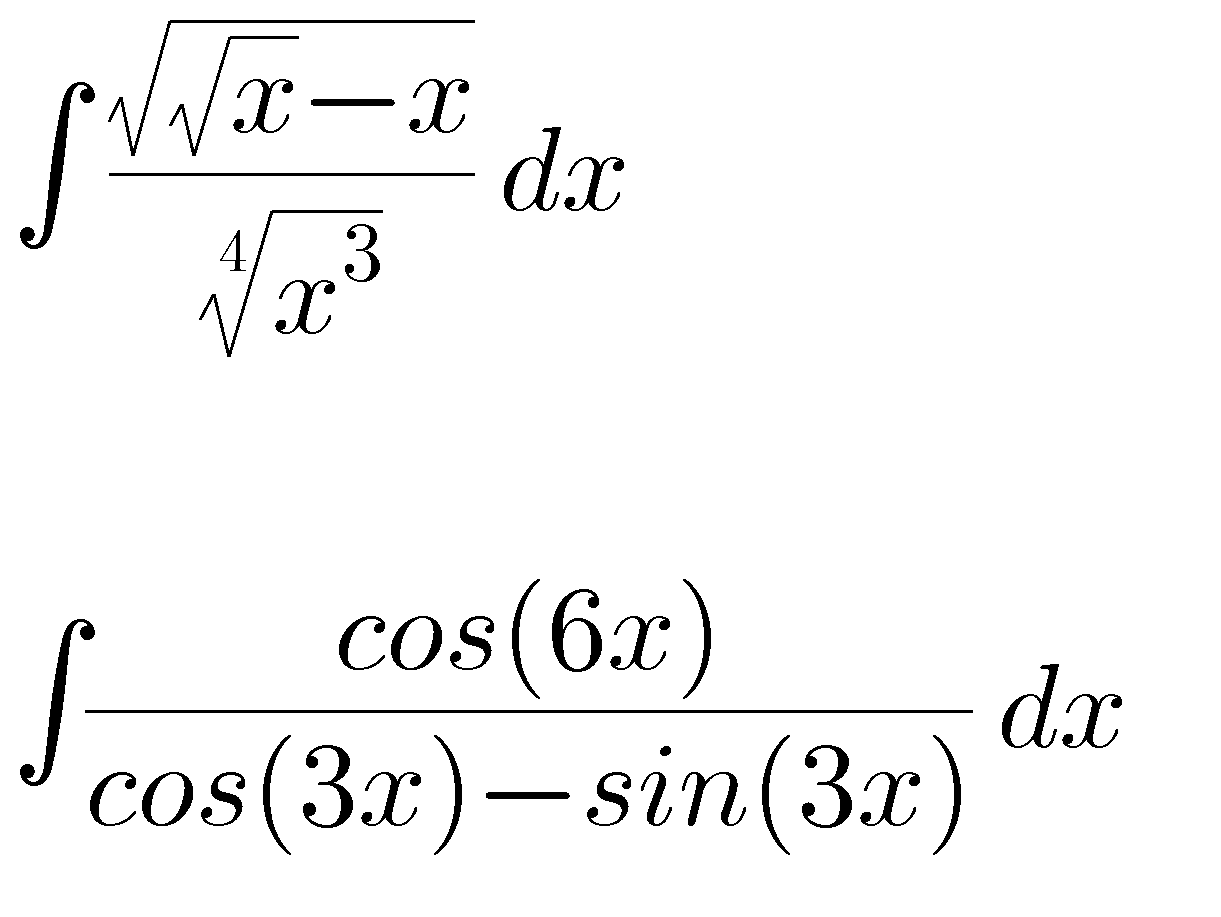
IntegrationQuestion and Answers: Page 223
Question Number 67963 Answers: 1 Comments: 1

Question Number 67959 Answers: 0 Comments: 1
$$\int\sqrt{{e}^{{y}^{\mathrm{2}} } \:\:}\:{dy}\:\:{pleas}\:{sir}\:{can}\:{you}\:{help}\:{me}? \\ $$
Question Number 67942 Answers: 0 Comments: 1
Question Number 67937 Answers: 0 Comments: 1

Question Number 67932 Answers: 1 Comments: 4
Question Number 67931 Answers: 0 Comments: 0
Question Number 67919 Answers: 0 Comments: 0

Question Number 67921 Answers: 0 Comments: 0
Question Number 67907 Answers: 1 Comments: 1

Question Number 67851 Answers: 0 Comments: 5
$${find}\:\int\:\:\frac{{dx}}{{x}^{\mathrm{2}} −{z}}\:\:{with}\:{z}\:{from}\:{C}\:. \\ $$
Question Number 67850 Answers: 0 Comments: 1
Question Number 67835 Answers: 1 Comments: 0
Question Number 67823 Answers: 0 Comments: 0
$$\int_{\mathrm{0}} ^{\mathrm{1}} {x}^{{lnx}+{e}^{{lnx}/{x}} } {dx} \\ $$
Question Number 67799 Answers: 1 Comments: 3
Question Number 67744 Answers: 0 Comments: 4
Question Number 67708 Answers: 1 Comments: 0

Question Number 67698 Answers: 0 Comments: 0

Question Number 67696 Answers: 0 Comments: 0
Question Number 67674 Answers: 0 Comments: 3
Question Number 67673 Answers: 0 Comments: 1
Question Number 67628 Answers: 0 Comments: 0
Question Number 67618 Answers: 1 Comments: 0
$${find}\:{the}\:{area}\:{abovnded}\:{r}={cos}\mathrm{2}\theta \\ $$
Question Number 67617 Answers: 0 Comments: 2

Question Number 67572 Answers: 0 Comments: 1
Question Number 67542 Answers: 0 Comments: 4
Question Number 67539 Answers: 0 Comments: 3
Pg 218 Pg 219 Pg 220 Pg 221 Pg 222 Pg 223 Pg 224 Pg 225 Pg 226 Pg 227
